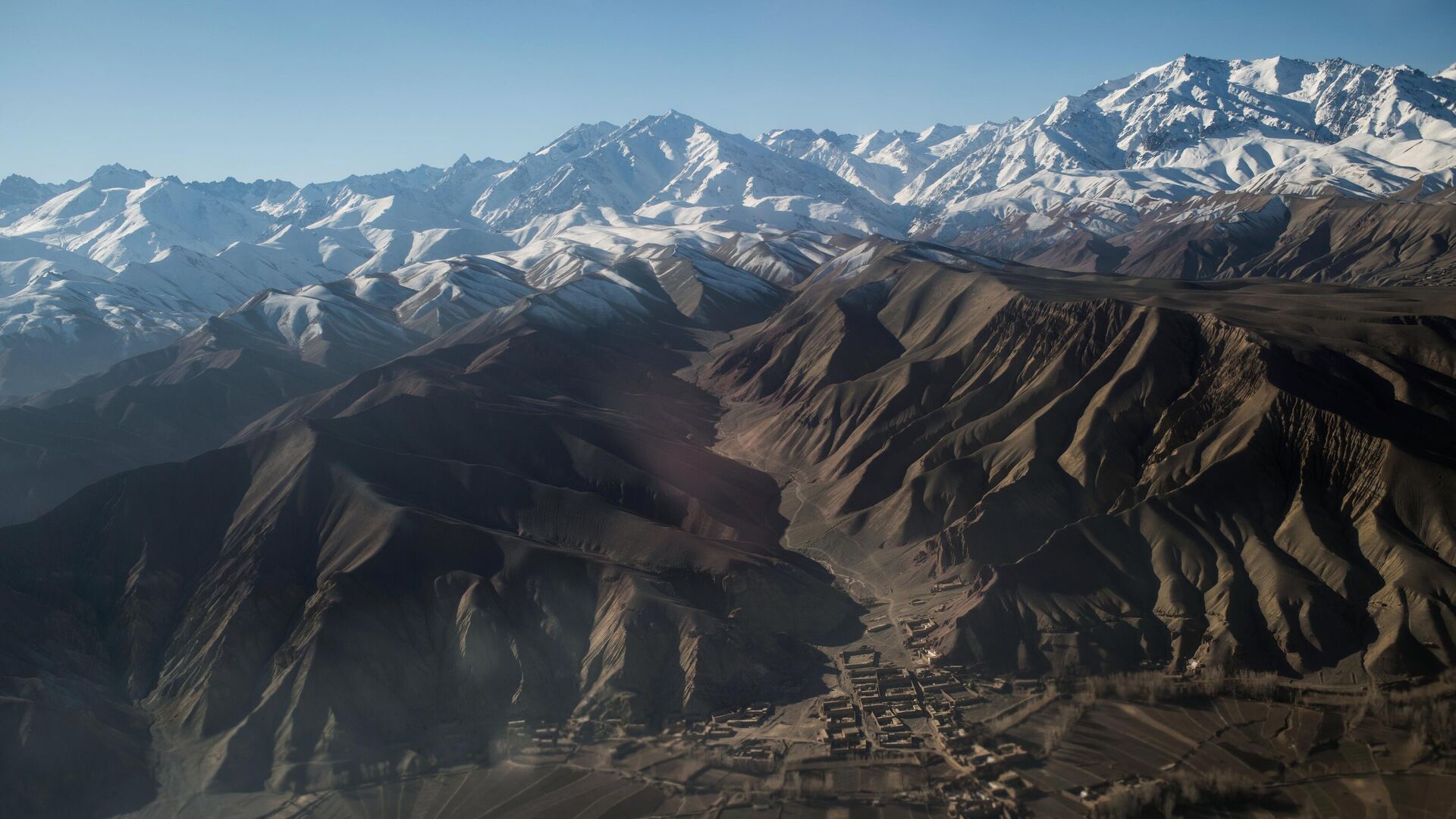https://sputnikglobe.com/20240908/why-central-asia-stops-treating-taliban-as-terrorists-and-seeks-closer-ties-with-afghanistan-1120079377.html
Why Central Asia Stops Treating Taliban as Terrorists and Seeks Closer Ties With Afghanistan
Why Central Asia Stops Treating Taliban as Terrorists and Seeks Closer Ties With Afghanistan
Sputnik International
As Central Asian countries gradually stop regarding the Taliban* as a terrorist organization, it becomes evident that these states want to maintain good relations with Afghanistan regardless of what government currently reigns in Kabul, says Rustam Burnashev, professor at the Kazakh-German University.
2024-09-08T17:39+0000
2024-09-08T17:39+0000
2024-09-08T17:39+0000
analysis
afghanistan
kazakhstan
central asia
taliban
relations
https://cdn1.img.sputnikglobe.com/img/07e8/01/15/1116302114_0:0:3068:1727_1920x0_80_0_0_483d26c81c0f81762c208676408fb9fd.jpg
“It is relations, especially the economic and transport-logistic, that are regarded here as the means to normalize the situation in Afghanistan and to remove the Afghanistan-related threats that have been concentrating in Central Asia,” he tells Sputnik.According to Burnashev who specializes in Central Asian security affairs, Kazakhstan simply wants things in Afghanistan to be “normal” and the economy serves as the “main instrument of this normalization.”He outlines three “vectors” of the joint ventures that Afghanistan can engage in together with Central Asian states.1. 'Simple economic cooperation'Namely, there are certain goods that Afghanistan can export to Central Asia (fruits, for example) and import from there.2. Transport and logistics“Afghanistan is regarded as an important and economically advantageous transit zone that can effectively connect our [Central Asian] countries with Southern Asia, assuming that the situation in Afghanistan is normalized and certain infrastructure, roads, railroads and warehouses are built,” Burnashev explains.3. Energy projectsSuch projects include the CASA-1000 that would involve supplying electricity from Kyrgyzstan and Tajikistan to Afghanistan, and TAPI, a pipeline that would funnel natural gas from Turkmenistan to India via Afghanistan and Pakistan.**Under UN sanctions for terrorist activities.
afghanistan
kazakhstan
central asia
Sputnik International
feedback@sputniknews.com
+74956456601
MIA „Rossiya Segodnya“
2024
Sputnik International
feedback@sputniknews.com
+74956456601
MIA „Rossiya Segodnya“
News
en_EN
Sputnik International
feedback@sputniknews.com
+74956456601
MIA „Rossiya Segodnya“
Sputnik International
feedback@sputniknews.com
+74956456601
MIA „Rossiya Segodnya“
central asia taliban relations, kazakhstan afghanistan relations, afghanistan economic projects
central asia taliban relations, kazakhstan afghanistan relations, afghanistan economic projects
Why Central Asia Stops Treating Taliban as Terrorists and Seeks Closer Ties With Afghanistan
As Central Asian countries gradually stop regarding the Taliban* as a terrorist organization, it becomes evident that these states want to maintain good relations with Afghanistan regardless of what government currently reigns in Kabul, says Rustam Burnashev, professor at the Kazakh-German University.
“It is relations, especially the economic and transport-logistic, that are regarded here as the means to normalize the situation in Afghanistan and to remove the Afghanistan-related threats that have been concentrating in Central Asia,” he tells Sputnik.
According to Burnashev who specializes in Central Asian security affairs, Kazakhstan simply wants things in Afghanistan to be “normal” and the economy serves as the “main instrument of this normalization.”
“There is a non-quite-linear connection here: the country has become stabilized so we are friends with it. This vector works as well, but there is another vector: we want to be friends with them so we want things to be stable there. Thus, we want economic cooperation with them,” Burnashev explains.
He outlines three “vectors” of the joint ventures that Afghanistan can engage in together with Central Asian states.
1. 'Simple economic cooperation'
Namely, there are certain goods that Afghanistan can export to Central Asia (fruits, for example) and import from there.
2. Transport and logistics
“Afghanistan is regarded as an important and economically advantageous transit zone that can effectively connect our [Central Asian] countries with Southern Asia, assuming that the situation in Afghanistan is normalized and certain infrastructure, roads, railroads and warehouses are built,” Burnashev explains.
Such projects include the CASA-1000 that would involve supplying electricity from Kyrgyzstan and Tajikistan to Afghanistan, and TAPI, a pipeline that would funnel natural gas from Turkmenistan to India via Afghanistan and Pakistan.
**Under UN sanctions for terrorist activities.


